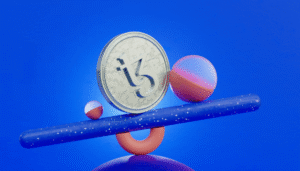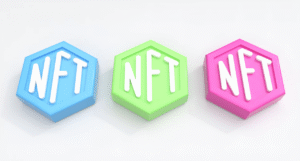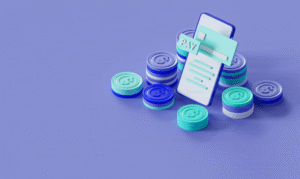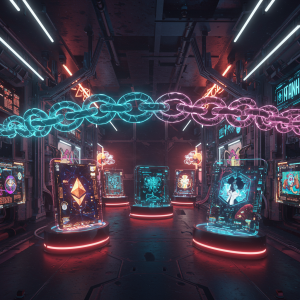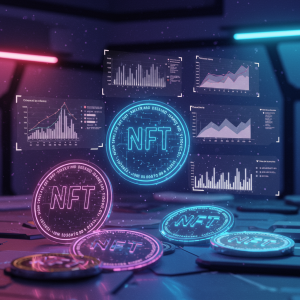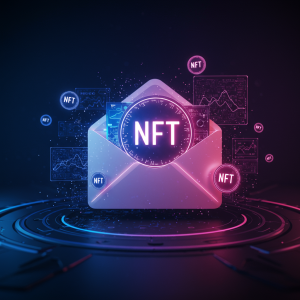What Are NFTs Really Used For? A Comprehensive Guide to Real-World Applications
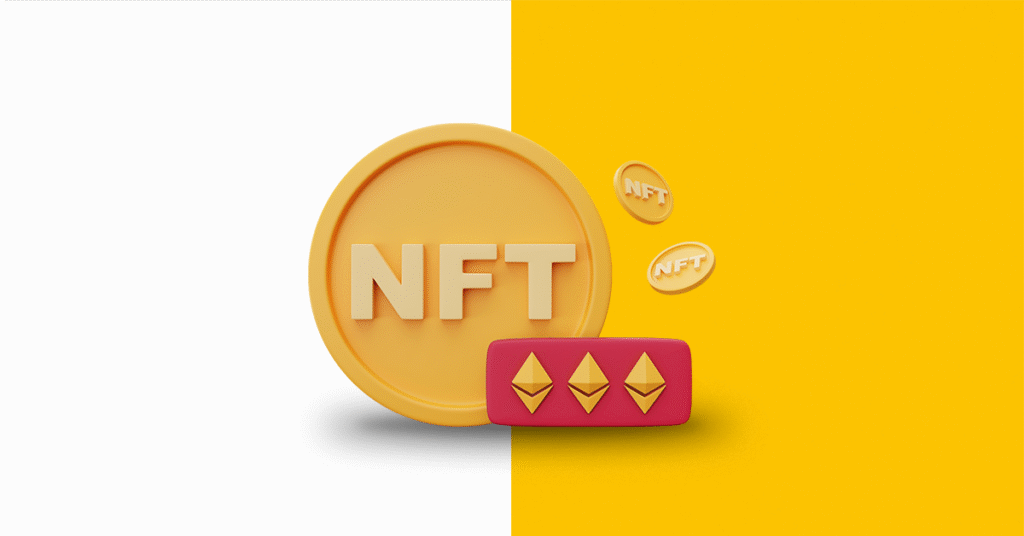
If you’ve been online any time in the last several years, then you’ve likely heard a lot about NFTs (Non-Fungible Tokens). But beyond the buzzwords, what do people really use NFTs for? Though they may often be thought of in terms of digital collectibles or pricey art, they have so much more potential.
In this blog we will tell you what is NFT, why NFTs are valuable and more importantly, how they are shaping sectors from entertainment to healthcare. Whether you are new to NFTs or already knowledgeable, you will leave with a well-rounded sense of what they can do.
What Are NFTs
Before we get into their uses, here’s a refresher on what NFTs are. Non-Fungible Tokens are one-of-a-kind, blockchain-based digital assets that verify ownership of a particular piece of content or item. While cryptocurrencies such as Bitcoin or Ethereum are fungible — meaning one coin is identical to another — NFTs are unique.
NFT ownership is stored in the blockchain, it cannot be changed and is visible to everyone on the network. This means history and provenance and ownership of the token can’t be messed with, creating both trust and value.
But what does this tech look like in action? Let’s break it down.
Applications for NFTs in Various Industries
Digital Art and Collectibles
NFTs broke into the public consciousness through digital art. On platforms like OpenSea and Foundation, artists are able to tokenize their work, proving their authenticity and earning royalties on secondary sales.
One of the most well-known instances — that of digital artist Beeple, whose NFT work “Everydays: The First 5000 Days” sold for $69 million through Christie’s. In addition to making art, NFTs offer collectors a stake in and the ability to show off unique digital goods.
This isn’t just happening in traditional art. Sports teams and brands, including the NBA, are selling NFT collectibles like game highlights or special player cards.
Gaming and Virtual Assets
NFTs have made their way into the world of gaming. All those digital goods (skins, weapons, characters, etc) can now be NFTs, enabling players to genuinely own their virtual purchases.
For games, NFT integration means players can trade, sell or even equip virtual items across multiple games or platforms. In one popular metaverse, Axie Infinity, players purchase NFT creatures known as Axies and use them to breed, trade and battle.
It’s this interoperability that represents the move towards a player-driven economy in games that rewards effort and investment in virtual worlds.
Domain Name Ownership
Services such as Ethereum Name Service (ENS) and Unstoppable Domains have introduced NFTs to domain name ownership. Rather than renting traditional names by the year, buyers who acquire these cryptographic domains can outright own them in the blockchain as NFTs.
This makes online payments easier and more private, and it gives users the option to sell or trade their custom domain.
Music and Entertainment
NFTs are changing the way creators in the music and entertainment businesses engage with their fans and make money off their work. Musicians could release albums or individual tracks not available anywhere else as NFTs, bypassing intermediaries and retaining a greater portion of the proceeds.
And NFTs let you engage directly with fans. For example, bands like Kings of Leon put out an NFT album that included VIP concert privileges and exclusive art for the purchasers. And so filmakers and content creators are also turning to NFTs to fund their productions and provide behind-the-scenes looks for fans.
Real Estate and Virtual Land
Real estate NFTs, in other words, sound like something out of the future — but they are fast becoming a reality. Real life land deeds themselves can be tokenized, thereby making the buying, selling, and transfer process less complicated. It could remove all that paperwork and gatekeepers, at least for those transactions involving real estate.
Platforms like Decentraland or The Sandbox, on the other hand, allow users to buy and sell land in the virtual world as NFTs. Events are taking place on them, virtual shops are being opened, or they are simply serving as digital investments.
Verification of Identity and Records realm.
“An NFT’s unique property makes them perfect for blockchain verification services and for credentialing. Schools can (and are) mint diplomas, certificates, or badges as NFTs, guaranteeing authenticity and making it possible for the individuals who earned them to authenticate their educational history.
Whereas verified identities as NFTs could simplify things like job applications or voting in democratic elections. Projects like Civic are already experimenting with the application of NFTs to decentralized ID systems.
Supply Chain and Authenticity
NFTs are also helping with transparency in supply chains and to battle counterfeit products. Products can be tokenized and paired with NFTs to verify that products like a luxury handbag, a fine wine or pharmaceuticals are authentic and high quality.
A customer might be able to scan a product’s NFT-associated QR code, for instance, to confirm the origins and manufacturing history of the item. This application is particularly useful in the battle against counterfeits in the luxury sectors.
Community Participation and Member Access
They’re also becoming more commonly used as keys to exclusive communities or events. For example, purchasing certain NFTs could qualify you to join virtual clubs or have early access to limited-edition drops.
Projects such as the Bored Ape Yacht Club (BAYC) have forged exclusive communities around their NFTs, which grant token holders anything from digital prize oughts to all expenses paid luxury real world gatherings.
Healthcare and Medical files
All of health care is beset by fragmented data. NFTs might provide a secure patient-driven alternative for storing medical records. The medical history of each individual could be tokenized in the form of an NFT, allowing patients to own their records and share them with ease at medical facilities.
Though in nascent form, NFT projects in healthcare are indicative of a future with more secure and efficient data management.
NFTs’ Headwinds and Challenges
Despite all the buzz around NFTs, they come with their share of challenges. Problems addressing high transaction fees, environmental impacts caused by blockchain energy consumption, and the threat of false content being minted as McFly NFTs remain.
But as blockchain technology ages and metamorphoses to more eco-friendly form or other, many of the challenges will likely dwindle with time.
The Future of NFTs
As you’ll find out, NFTs are about much more than digital art or flash-in-the-pan internet crazes. They’re instruments capable of revolutionizing many industries by increasing credibility, transparency and ownership.
If you are an investor, artist, entrepreneur or business owner, taking time to recognize how these NFTs can be used within your own professional environment is equally critical.
Explore the Possibilities
Wondering how NFTs could help with your industry? The next wave of innovation is happening right now, and staying informed is your ticket to a seat at the table.
What’s your take on NFTs? Tell us in the comments, then read the related article to learn more about the black girl’s case and join the conversation.

